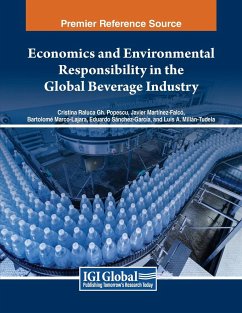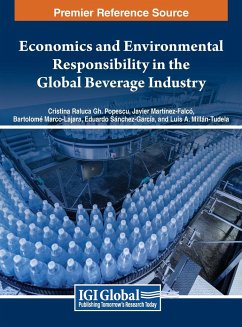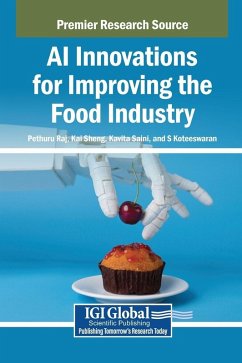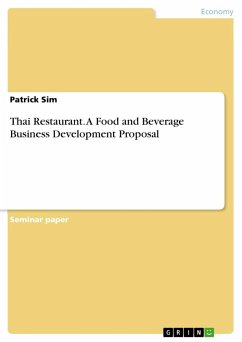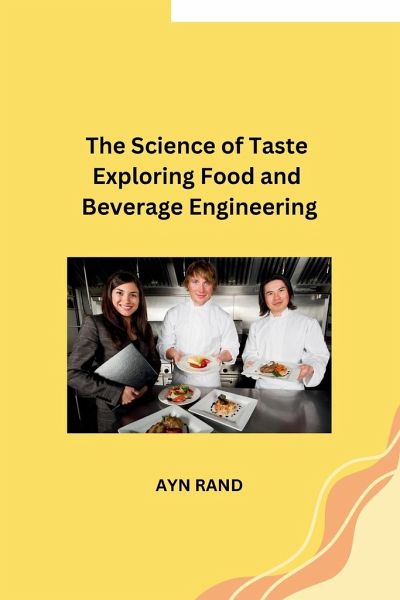
The Science of Taste Exploring Food and Beverage Engineering
Versandkostenfrei!
Versandfertig in 1-2 Wochen
22,99 €
inkl. MwSt.

PAYBACK Punkte
11 °P sammeln!
The Importance of Taste in Food and Beverage Engineering Introduction: Food and beverage engineering is a fascinating field that combines the principles of chemical engineering with the art of creating delicious and appealing products. While many aspects of this discipline are crucial, taste stands out as one of the most significant factors in determining the success of a food or drink. In this subchapter, we will explore the importance of taste in food and beverage engineering and its relevance to the field of chemical engineering. Taste as a Sensory Experience: Taste is a complex sensory exp...
The Importance of Taste in Food and Beverage Engineering Introduction: Food and beverage engineering is a fascinating field that combines the principles of chemical engineering with the art of creating delicious and appealing products. While many aspects of this discipline are crucial, taste stands out as one of the most significant factors in determining the success of a food or drink. In this subchapter, we will explore the importance of taste in food and beverage engineering and its relevance to the field of chemical engineering. Taste as a Sensory Experience: Taste is a complex sensory experience that involves not only the taste buds on our tongues but also our sense of smell, texture, and even visual perception. It is the combination of these factors that determines how we perceive the flavors of food and beverages. Food and beverage engineers must understand the intricate interplay between these sensory elements to create products that are not only delicious but also visually appealing and satisfying to the palate. Consumer Preferences and Market Demand: The taste of a product plays a crucial role in consumer preferences and market demand. People are naturally drawn to foods and beverages that taste good and offer a pleasurable experience. Food and beverage engineers must consider the target audience and their preferences when formulating recipes and creating new products. By understanding the flavor profiles that appeal to different niches, chemical engineers can develop innovative and tasty products that cater to specific consumer needs. Balancing Taste with Health and Nutrition: In today's health-conscious world, taste must be balanced with health and nutrition. Food and beverage engineers face the challenge of creating products that not only taste great but also meet nutritional requirements and dietary restrictions. This involves careful formulation and the use of alternative ingredients to reduce sugar, salt, and unhealthy fats without compromising on taste. Chemical engineers play a vital role in developing innovative techniques and processes to achieve this delicate balance. Quality Control and Product Consistency: Taste is also critical in quality control and ensuring product consistency. Food and beverage engineers must develop reliable methods to measure taste objectively and maintain consistency across batches. This involves sensory testing, flavor analysis, and the use of advanced technology to detect any deviations in taste. By monitoring taste throughout the production process, chemical engineers can guarantee that the final products meet the desired flavor profiles consistently.






